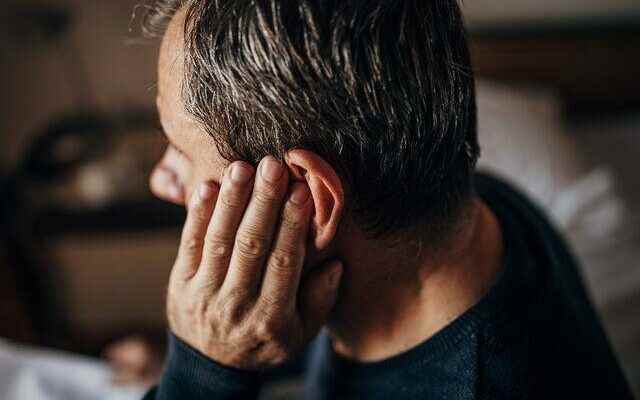Globally, 91 percent of the population still lives in areas where recommended air quality guidelines are not met, according to the World Health Organization (WHO).
Experts say that they observe various diseases related to air pollution in megacities with high air pollution. Studies indicate that the carbon monoxide ratio in the air raises the auditory threshold and, accordingly, affects the auditory sensitivity. Yet another study says that prolonged exposure to the ambient air dust value may pose a risk for hearing loss.
Given the increasing rate of hearing loss and the current levels of air pollution observed in the general population, efforts to reduce exposure to environmental air pollution become important in order to effectively prevent or delay hearing loss in the population.
HOW TO REDUCE THE RISK OF HEARING LOSS
- Avoiding loud environments
- Not using headphones for a long time,
- Seeing an otolaryngologist quickly in case of ear diseases,
- Not to interfere with the ear with ear cleaning sticks
Although these prevent hearing loss, social measures should be taken on issues such as air pollution, which can cause not only hearing problems, but also many health problems and which are not individually controllable.
